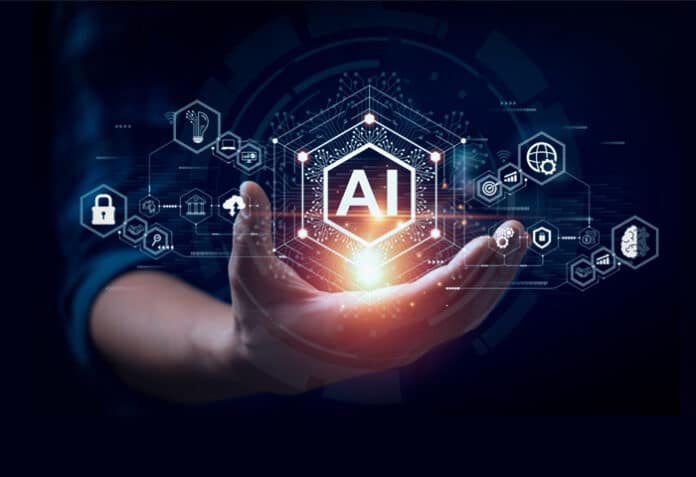To support this initiative, ESDS is set to hire 300 AI and machine learning engineers, enhancing its workforce and expanding its global presence.
ESDS Software Solution Limited has announced a plan to develop an AI-powered autonomous cloud platform. This platform will enable enterprises to seamlessly manage, deploy, and transform cloud infrastructure across multiple environments, significantly reducing the need for manual intervention. Leveraging AI and machine learning, the platform aims to provide unified management of IT environments, facilitating automatic data growth, vertical and horizontal autoscaling, operating system management, and application management.
To bring this platform to market, the company plans to hire 300 AI and machine learning engineers over the next six months. This expansion will bolster current workforce of over 1,100 employees, with new hires distributed across its offices in Nashik, Delhi, Mumbai, Bengaluru, Chennai, and Mohali. While the company’s primary focus remains on India, the company is also making significant strides to establish its presence in the Middle East and the United Kingdom.
The autonomous cloud platform by ESDS is expected to bring a transformative change to how enterprises manage their cloud environments. By integrating AI and machine learning, the platform will not only simplify cloud management but also enhance efficiency and scalability, paving the way for a new era in cloud technology.
Piyush Somani, Founder and CEO of ESDS, shared his inspiring vision for the platform: “Today’s cloud infrastructure often requires manual intervention for deployment and management. An autonomous cloud platform powered by AI could revolutionize this process. Users could simply select an architecture, deploy it, and then let the system handle everything else.”
Somani further discussed the future of cloud technology: “App modernization is accelerating rapidly as people replace and upgrade first-generation applications to meet today’s technological advancements and needs. This surge in modernization has also sparked increased interest in low-code/no-code (LCNC) platforms. When combined with AI, LCNC is poised to be a disruptive technology.”












































































